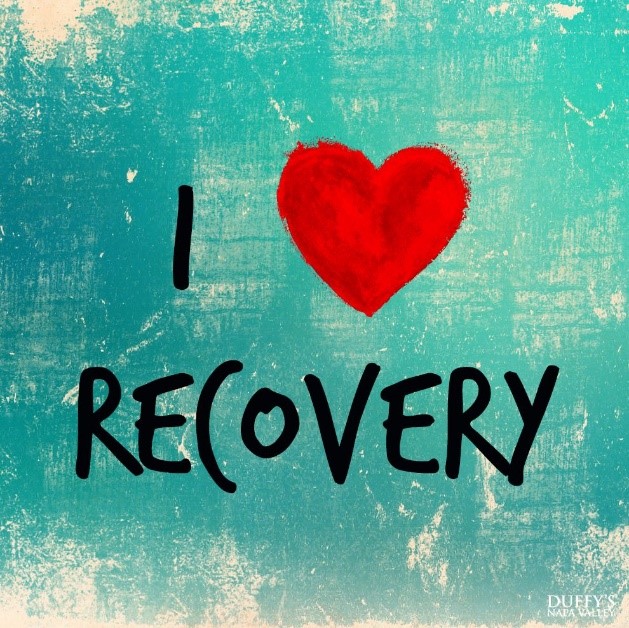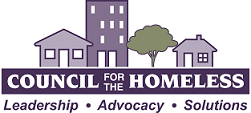By CFTH Staff Heather and Morgan
At Council for the Homeless, we know the value of recovery. From the staff we have working in our agency, to our loved ones in our lives, and the clients we serve. Addiction has more than likely touched all of us in one way or another, which means we are in the fight for recovery together.

 National Recovery Month is held every September to educate Americans that substance use treatment and mental health services can enable those with mental and substance use disorders to live healthy and rewarding lives. Now in its 31st year, Recovery Month celebrates the gains made by those living in recovery.
National Recovery Month is held every September to educate Americans that substance use treatment and mental health services can enable those with mental and substance use disorders to live healthy and rewarding lives. Now in its 31st year, Recovery Month celebrates the gains made by those living in recovery.
It can be easy for people to walk by someone experiencing symptoms of a substance use disorder and simply pass by without a second thought. A survey in 2017 by the National Coalition for the Homeless found that 38% of people experiencing homelessness are alcohol dependent and that 26% are dependent on other addictive substances. These numbers help debunk the myth that Oftentimes, people experiencing homelessness have multiple challenges at the same time, including active substance abuse along with a co-occurring mental disorder. Substance use is typically picked up in order to cope with symptoms of often untreated mental illnesses as well as the effects of everyday trauma of homelessness.
In recognition of the role that addiction plays with homelessness, many housing programs are operated under a “housing first model” that revolves around harm reduction and do not place any weight on sobriety, not requiring or forcing treatment or other rules for engagement in recovery. Many studies have verified the success of ‘housing first’ models over ‘treatment-centered’ models and have found that people experiencing addiction have been able to find housing quicker and have also been able to maintain their housing for a longer duration of time; oftentimes, without compromising psychiatric or substance abuse symptoms. Perhaps most surprising to some is that folks in a ‘housing first’ program often seek out substance use treatment and mental health services with greater success than their cohorts in treatment-oriented housing!
Recovery looks different for everyone, but the data shows that housing is a channel for recovery. This can be harder for the larger public to see or comprehend, especially if someone hasn’t experienced homelessness or addiction themselves. But during National Recovery Month this September, let’s all work on educating ourselves about the great successes that housing plays one someone’s journey of recovery, especially wrapped around with substance use treatment and mental health services.
A call to action:
If you or someone you know struggles with substance use and/or mental health issues, please know, you are NOT alone and recovery is possible! For information regarding treatment, education, and resources see the Clark County Resource Guide.
